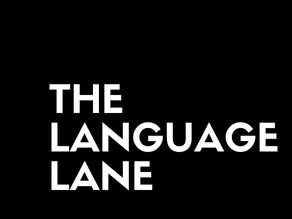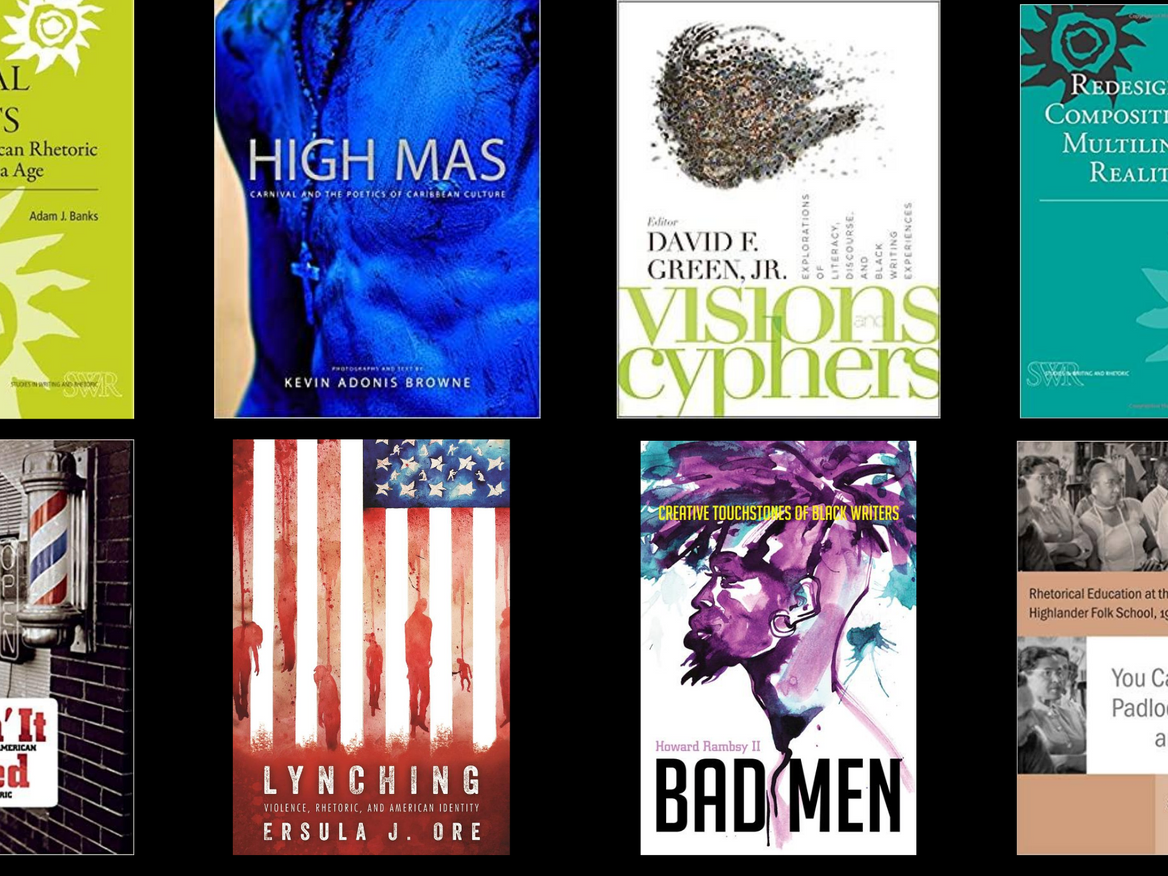“Perhaps the black intellectual we still have the most to learn from is David Walker.” This perhaps is the pivotal statement in Jesse McCarthy’s “Language and the Black Intellectual Tradition,” an essay included in his engrossing Who Will Pay Reparations on My Soul? For McCarthy, Walker is a key apostle of the prophetic criticism that calls for a radically restructured and more just America. Indeed, Walker’s 1829 classic, An Appeal to the Coloured Citizens of the World, but in Particular and Very Expressly to Those of the United States, is an astute and far-ranging indictment of a white-nationalist state and a call for blacks to transform the nation given that, according to Walker, “America is more our country than it is the whites,” given the price paid by blacks in blood and tears. Walker sought to reclaim the promise of America or at least redefine the possibilities of America. This is the same urgent and positive message that McCarthy feels is needed today in the face of contemporary white-nationalist fervor and actions. In other words, he sees the need for an incipient or renewed embrace of the black radical tradition.
I also know that Walker wrote more strident passages in the Appeal. For example, “I hope that the Americans may hear, but I am afraid that they have done us so much injury, and are so firm in the belief that our Creator made us to be an inheritance to them forever that their hearts will be hardened, so that their destruction may be sure. This language is perhaps too harsh for the American’s delicate ears. But Oh Americans! Americans!! I warn you in the name of the Lord, (whether you will hear or forbear) to repent and reform, or you are ruined!!!” The warning was not ill-conceived. It could be argued reasonably that ruination did occur in the form of the Civil War.
Walker’s complaints were specific to his times, but he also posed questions relevant to contemporaries in faith communities: “I ask every man who has a heart, and is blessed with the privilege of believing—Is not God a God of justice to all his creatures? Did you say he is? Then if he gives peace and tranquility to tyrants, and permits them to keep our fathers, our mothers, ourselves and our children in eternal ignorance and wretchedness, to support them and their families, would he be to us a God of justice?” For Walker, the answer was no, and justice lay in the inevitable dismantling of the racist paradigm, activity in alignment with the true nature of the divine.
Against the fatalism of Ta-Nehisi Coates, about whom he writes about with respect nonetheless, McCarthy points to the prophetic witness of, in addition to Walker, Sojourner Truth, Frederick Douglass, W. E. B. Du Bois, Fannie Lou Hamer, James Baldwin, and Martin Luther King, Jr. Their words are resources to be taught today. According to McCarthy, these words form the “moral language” to inform our politics and rhetorical campaigns.
In this lineage is Reverend William Barber, who, speaking at Riverside Church in 2017, fifty years after King’s famous “A Time to Break Silence,” sermonized, “We must dare to raise the question: Is America possible?. . . And then we must say yes, and join our place among the generations before us who faced and had to raise the same questions against odds that were much greater than the ones we face today.”
Along with Reverend Liz Theoharis, Barber spearheaded the Poor People’s Campaign of 2018, work that continues with the goal of counteracting racism, poverty, environmental disaster, militarism, religious nationalism, and restricted access to healthcare. Of course, not everyone will embrace the optimism of the Poor People’s Campaign, or of McCarthy, for that matter. But as the author indicates, plenty of words in the tradition make the case for continuing to struggle this way.





